Journalist Report – January 24th
Crew 295 Journalist Report
Arian Anderson
It is day 1 of our Mars mission analog. Our group of students engaged in an educational program geared towards simulating the challenges of Martian exploration after traveling millions of miles across the solar system. Equipped with spacesuits and scientific tools, they embarked on an extravehicular activity (EVA) to conduct field research today that will set them up for the rest of the week of simulation. Their first task involved gathering rock samples to analyze Martian geology, aiming to unravel the planet’s geological history and composition.
During one EVA, the students stumbled upon a crashed satellite, providing an unexpected opportunity to study the effects of cosmic radiation on technology. They documented the site and salvaged usable components for further analysis, contributing valuable data to future missions. This encounter highlighted the unpredictable nature of exploration and the importance of adaptability in extraterrestrial environments.
In addition to their scientific objectives, the students were able to clean a dust-coated communications relay to ensure uninterrupted communication with mission control. Through teamwork and problem-solving, they restored the relay to optimal functioning, demonstrating their technical competence in managing mission-critical equipment.
One unexpected medical occurred with a crew member falling and suffering a DCS injury which required them to apply their training in space medicine. They demonstrated proficiency in first aid and emergency protocols and patched the suit then applied hyperbaric therapy. These experiences underscored the significance of medical preparedness and teamwork in mitigating risks associated with space exploration, fostering a sense of camaraderie among the students as they pursued their mission objectives and we look forward to the next several days of EVAs.
Mission Plan – March 24th
Crew 295 Mission Plan
We are the University of Colorado Mars In Simulated Surface Environments (MISSE) 2024 crew. Our mission is to provide interdisciplinary training to students interested in the intersections of human health, performance and medical care in an extraplanetary environment. Our students bring a broad set of experiences from military service, paramedic training, human physiology, aerospace engineering, and computer programing and are representative of future astronaut crews. This is our 5th year of running this course and we are extremely grateful to be back at MDRS to provide our students with a unique learning opportunity. This course is based around didactic lectures and simulated high fidelity EVAs where crews work in operational teams to complete simulated spaceflight goals like finding a satellite or launching a rocket. During these missions a medical contingency occurs and the crews are forced to respond and provide simulated medical care. This year we have build and included a medical module built into a trailer for the students to practice their wilderness and space medicine skills. Over the course of the week at MDRS our students learn about space through our hands on learning approach of field simulation. Prior students have listed this as their favorite class at the University of Colorado and many of them have gone on to work in human health and performance in spaceflight. We have an excellent group of students this year and are looking forward to another great week at MDRS as part of the MISSE course!
Anderson, Arian
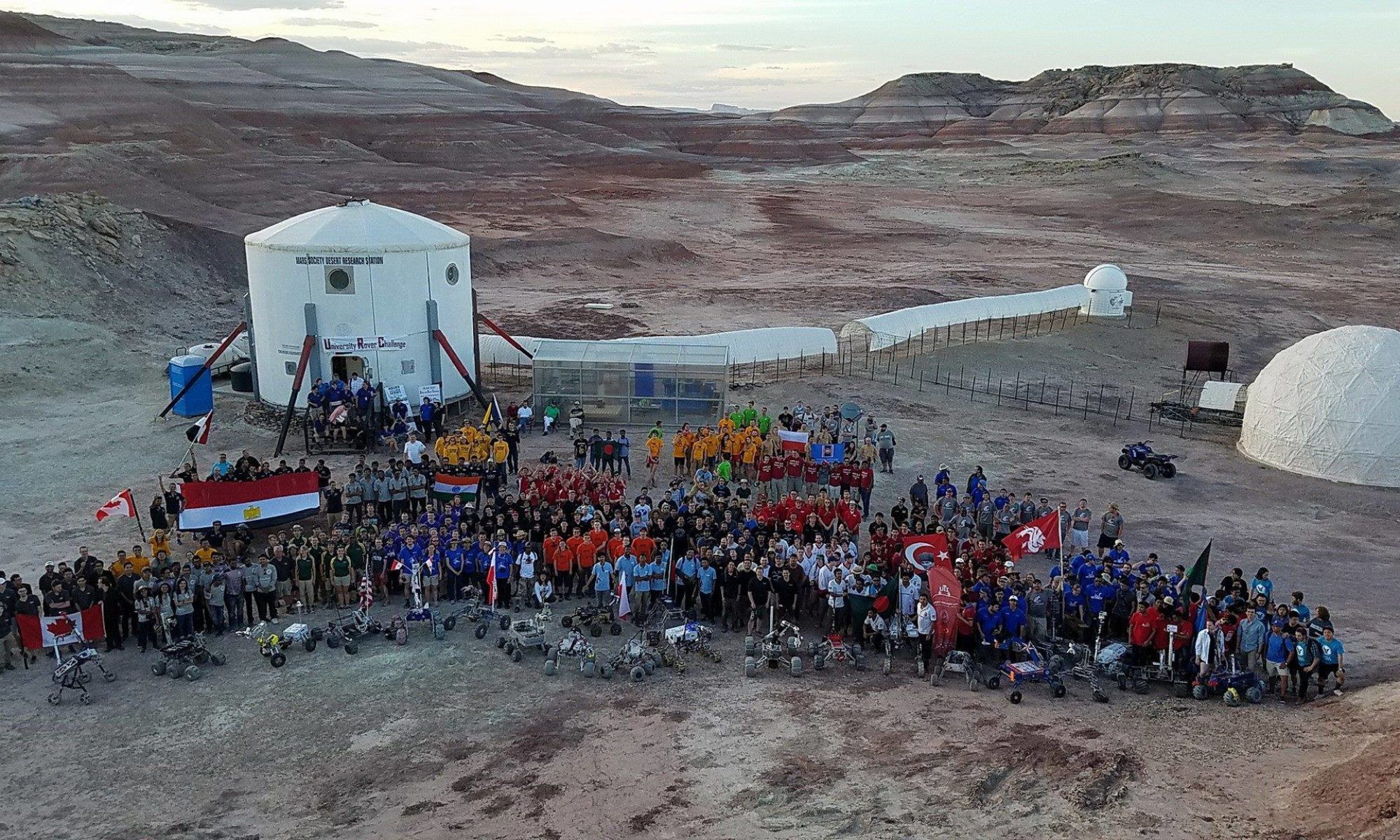
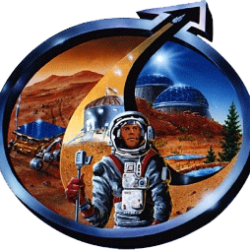
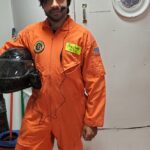
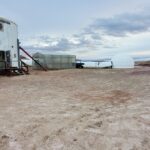
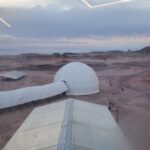

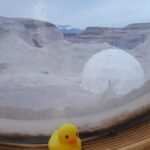
You must be logged in to post a comment.